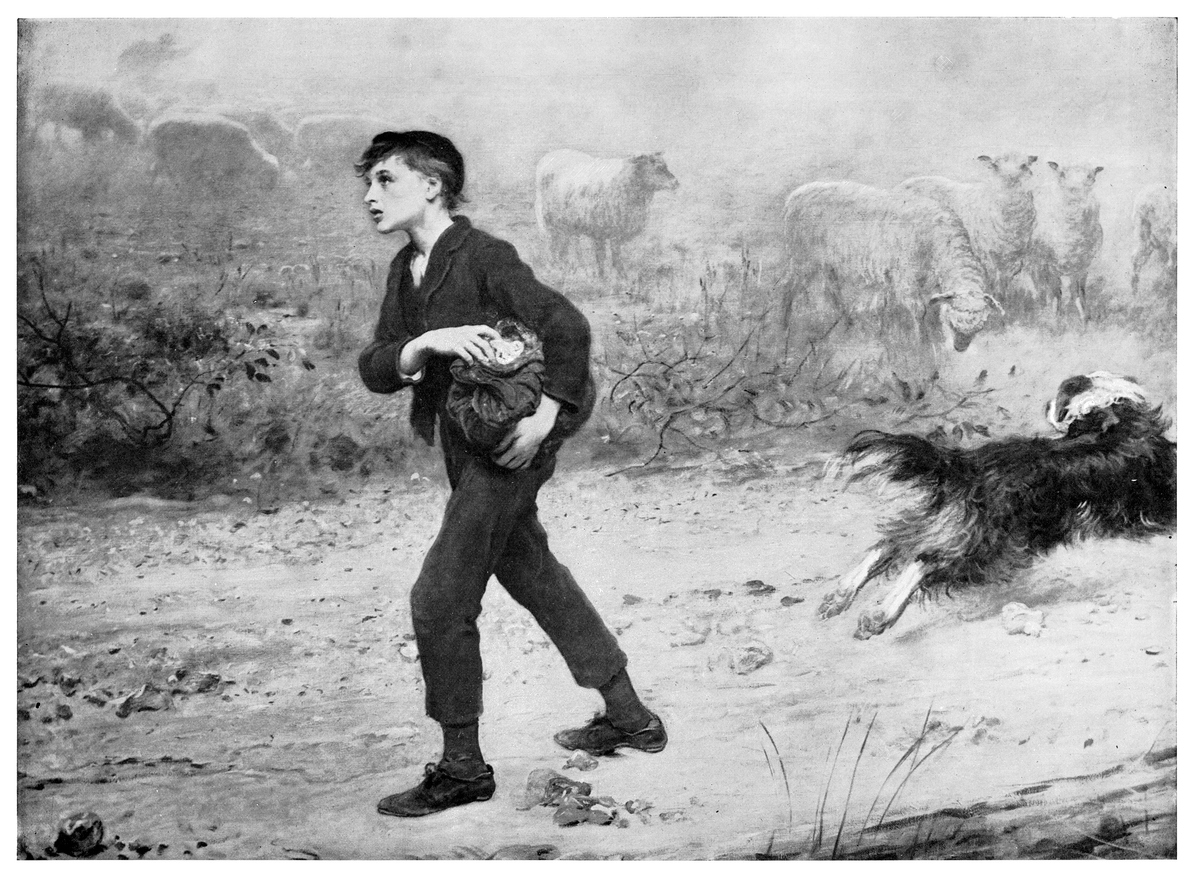I blame Charles Dickens, personally: he of David Copperfield, Little Nell, Oliver Twist and, of course, Tiny Tim. He’s the father of what you might call the orphan-industrial complex, which is to say, the discovery that there is a fantastic amount of money to be made out of the sentimental feelings aroused in the well-heeled and tender-hearted by waifs in general and orphans in particular. It has taken more than a century for the orphan-industrial complex to reach its final form, but I think we’re there.
A report in yesterday’s Sunday Times described the experiences of a young Nepali girl called Rijya, who grew up in a privately run orphanage in Kathmandu. Rijya’s papers said that she had no parents, and the staff at the home assured her of the same thing. But the penny started to drop when she noticed adults showing up at the gates of the orphanage demanding to see their children. ‘The caretakers would chase them away and we were told never to mention them in front of the foreign donors,’ she reports.
I’m going to kick in a few quid to Hope and Homes for Children
Turns out that most of the orphans in the home, including Rijya, weren’t orphans at all. The business model of this orphanage, which is by no means atypical in Nepal, was to use orphans to elicit funds from tourists and foreign donors; and if sufficient orphans did not present themselves, why, it was necessary to create some. Rijya had been trafficked to the home at the age of two after her parents got into financial trouble. Other ‘orphans’ were bought and sold from all over Nepal to this home and others like it. In a poor country much visited by western tourists, running an orphanage looks like a very rational route to riches; and the poverty of the country means that phoney orphans are always in plentiful supply. It’s quite something, isn’t it, when the tender feelings of bien-pensants towards orphans leads to a thriving industry not in relieving orphanhood, but in creating more of it?
Rijya, by the way, has now been rescued from the orphanage by a charity called Hope and Homes for Children – which works to place children back with their parents or in foster care. Admirable work, but I wonder if it gets half the funding that these phoney orphanages do. The story seems to me to be a horrible little parable of our times – and the perverse incentives created by a society in which drive-by charitable giving is so bound up with heart rather than head, and in which the giver feeling momentarily good about themselves is the big thing.
I found a version of the same thing wittily expressed, in Ingvild Rishoi’s new Christmas fable Brightly Shining, by a Christmas tree vendor called Tommy:
‘What our customers are buying here is the spirit of Christmas. And do you know what gives people more Christmas spirit than anything else? Feeling like they’ve done a good deed,’ Tommy said. He told us beggars were rushed off their feet at Christmas. He told us that the modern consumer no longer bought Christmas presents, they bought goats in Africa. He told us Africa was now chock full of goats and there was a queue outside the Salvation Army all December long, but it wasn’t those in need of salvation who were queuing, said Tommy, it was rich folk desperate to find someone to help.
And who does everyone most want to help, he says? ‘Skinny little kids.’ Well, the story of the Nepalese orphanages – where you need a fresh charity specifically to undo the malign effects of charitable giving – seems to me a strong caution against the Instagrammable, hit-and-hope, Mrs Jellyby, feel-good version of making a difference in the world. Skinny little kids, indeed. First, do no harm. At least Charles Dickens made up the skinny little kids he was exploiting for profit. I’m going to kick in a few quid to Hope and Homes for Children, I think. God bless us every one.








Comments